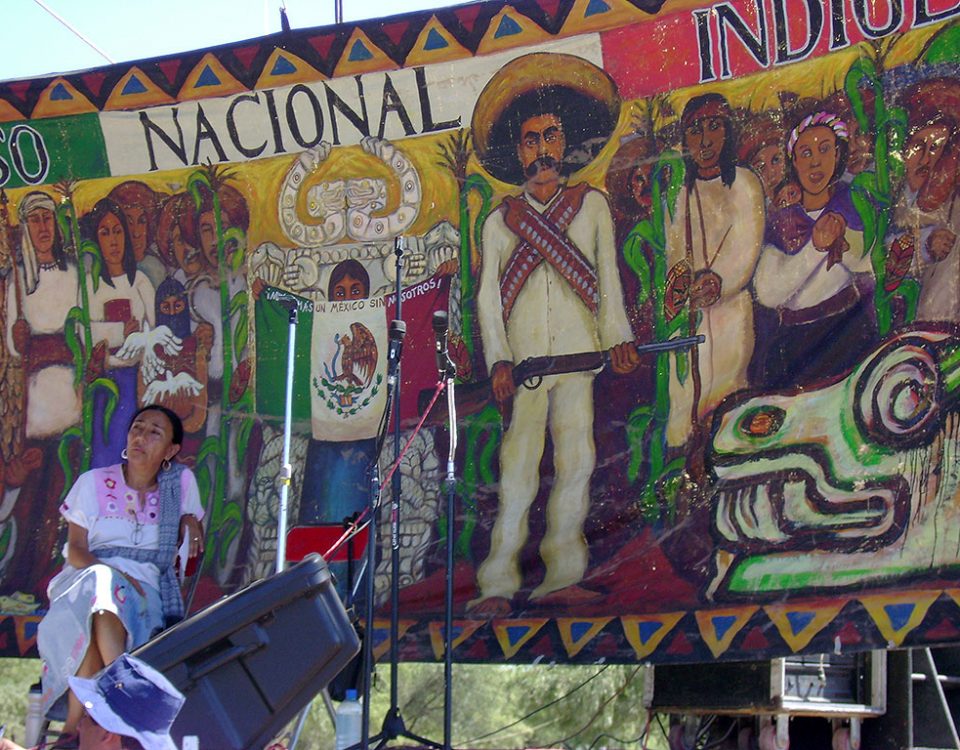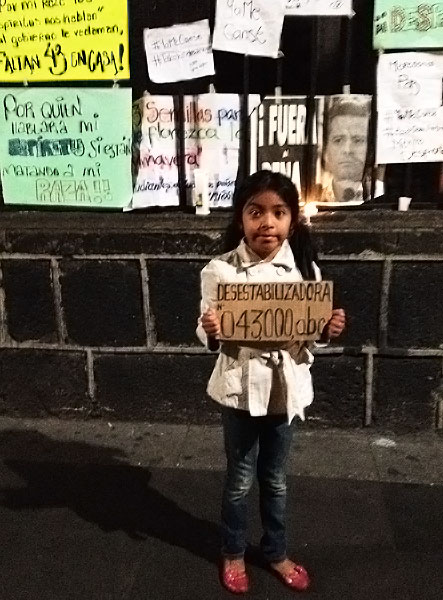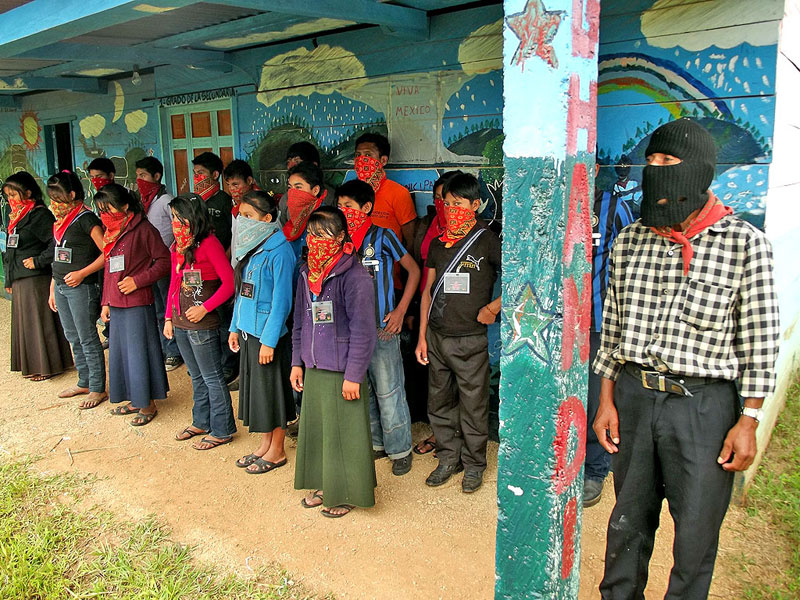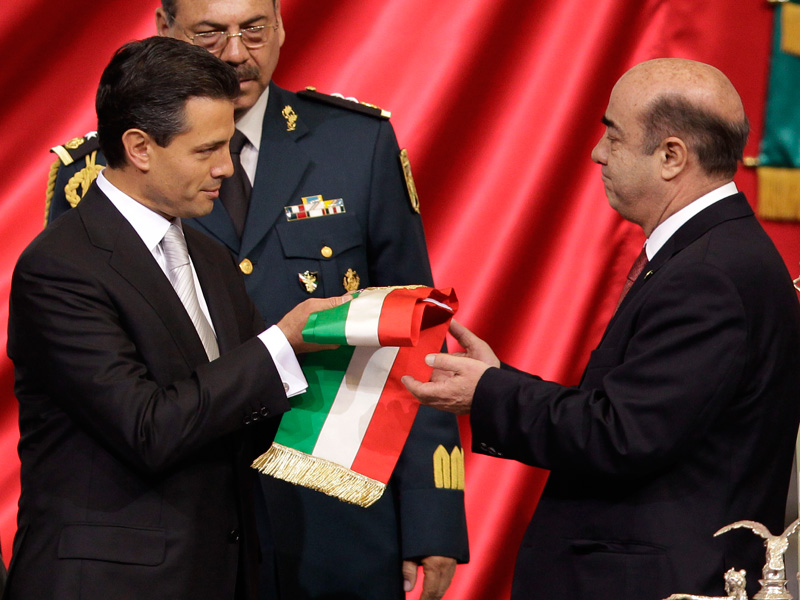SIPAZ Activities (July – October 1999)
30/11/19991995
03/02/2000In the beginning of January, the EZLN announced the creation of the Zapatista Front for National Liberation (FZLN), a new political force that was independent, peaceful, and not a part of a political party (Fourth Declaration of the Lacondon Jungle). Also, a National Indigenous Forum convened by the EZLN attracted more than 300 representatives from at least 35 indigenous communities. The participants agreed to form the National Indigenous Congress (CNI).
 On February 16, the San Andres Accords, the results of the negotiations regarding Indigenous Rights and Culture (Round 1), were signed. In March the second round, that pertaining to Democracy and Justice, was opened. The government delegation barely participated, wanting to avoid expanding the topic to a national or contstitutional level as had happened with the previous round. Meanwhile, repression increased in the entire state: suspected Zapatistas were arrested, paramilitary groups, e.g., Chinchulines and Peace and Justice, carried out a number of actions and militarization persisted.
On February 16, the San Andres Accords, the results of the negotiations regarding Indigenous Rights and Culture (Round 1), were signed. In March the second round, that pertaining to Democracy and Justice, was opened. The government delegation barely participated, wanting to avoid expanding the topic to a national or contstitutional level as had happened with the previous round. Meanwhile, repression increased in the entire state: suspected Zapatistas were arrested, paramilitary groups, e.g., Chinchulines and Peace and Justice, carried out a number of actions and militarization persisted.
In September, the EZLN decided to leave the negotiations so long as the government did not comply with the conditions that the Zapatistas deemed necessary for a credible process. Those conditions included the freeing of Zapatista prisoners, a government delegation with decision-making power and which was respectful of the Zapatista delegation, the installation of the Commission for Follow-Up and Verification (COSOVER), serious and concrete government proposals for the “Democracy and Justice” round of negotiations, and an end to the climate of military and police persecution against indigenous communities.
In November, the parties agreed that the COCOPA would prepare a bill to implement, through constitutional reform, the signed accords of Round One. The understanding was that the parties would accept the initiative as a whole without any comment or correction. In December of 1996, the EZLN accepted the initiative. The government, on the other hand, made modifications that substantially changed the COCOPA’s proposal.




